Al Sina prison raid raises Daesh's comeback

The assault by jihadist sleeper cells on the Al Sina prison in Hasakah has raised questions about the possible resurgence of Daesh in Syria. This operation, put down by Kurdish forces, has been the largest armed action by Daesh since its total defeat in 2019 and the one that has left the most deaths.
According to official figures and until the Kurds managed to take control of the prison, at least 98 members of the Asayesh, the Kurdish police organisation, have lost their lives during the clashes. Similarly, the Kurdish-Arab coalition managed to kill 268 Daesh terrorists.
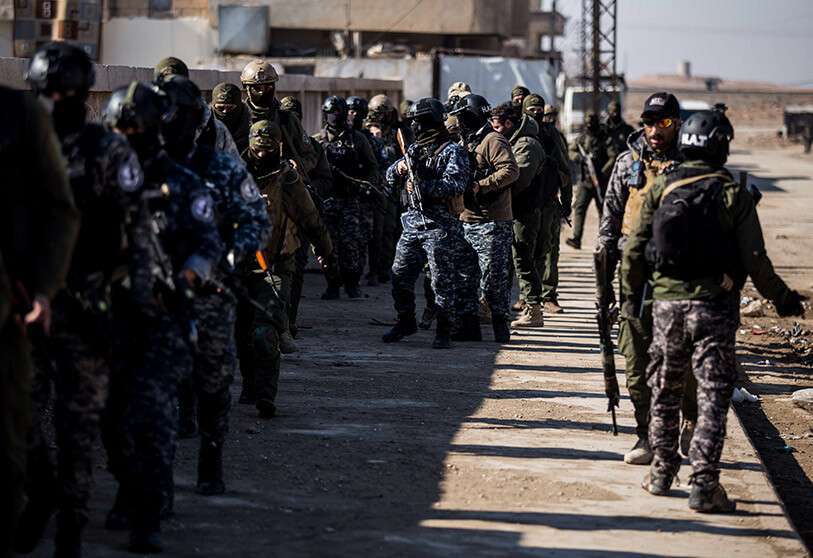
The response by the Kurdish militias ensured that the terrorists could not "achieve a large-scale escape to rebuild their ranks", an action that has been congratulated by the United States for its "courage and determination". They have also denounced "the barbarity" of jihadist acts that "confirm the reasons why we must prevent" the regeneration of the terrorist group and why "countries must address the issue of the thousands of Daesh detainees" in detention centres.
Alongside this, the General Command of the YPJ highlighted the "important performance" that their units had managed to wage in "Operation People's Hammer" in the city of Hasaka. The statement also stressed that the Daesh mercenaries are backed by Turkey, coinciding with the anniversary of Kobane. They also called for an international appeal to "find a solution", especially with regard to the so-called "Cubs of the Caliphate".
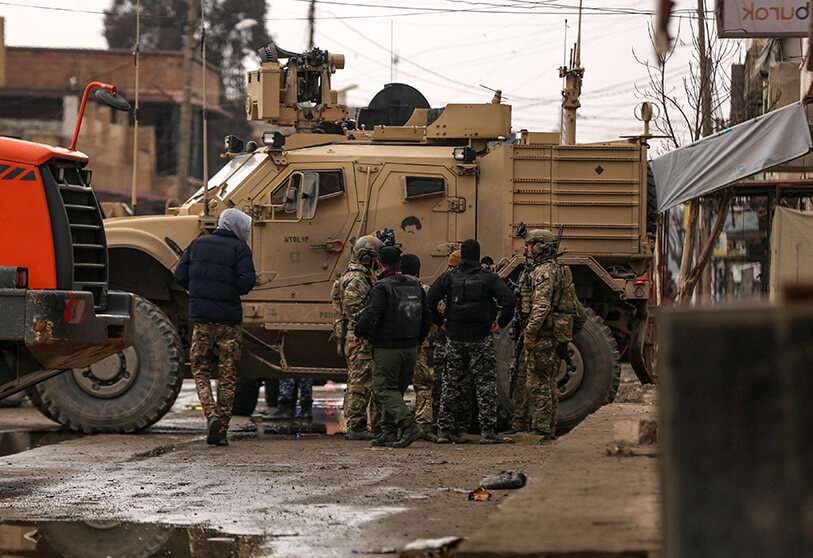
The jihadist operation was executed after two suicide drivers crashed a series of explosives-laden trucks into the gates of the prison in the Gewayram district. Hundreds of jihadists then managed to take over various buildings and road junctions and, as part of a coordinated action, 3,500 jihadists seized weapons from prison guards. While many of them managed to flee, others barricaded themselves against the Kurdish offensives with hostages, many of them minors, who were used as human shields.
Although six days after the first assault on the prison the Kurds claimed to have the raided prison under their control, this assault has raised some concern in the international community because of the high casualties it has generated. Although Daesh was defeated in Syria and Iraq, the sleeper cells are terrorist hotspots that have not been eradicated and have been shown to remain dormant.
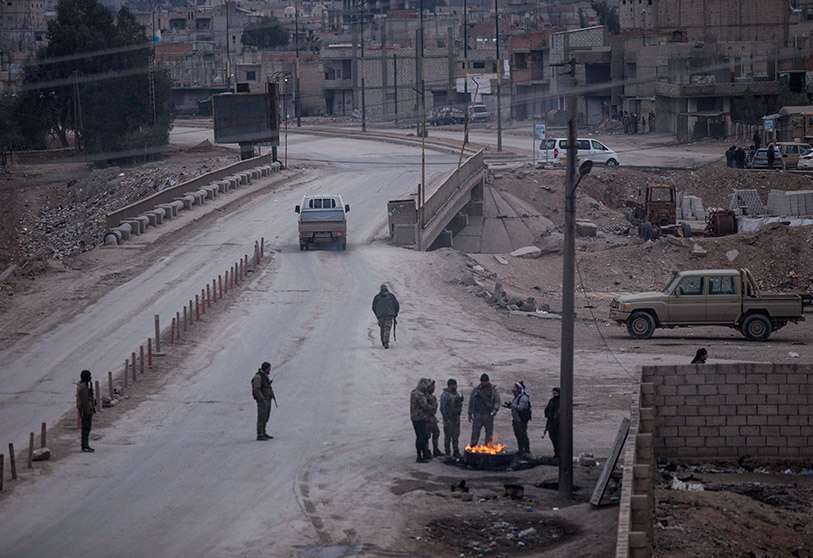
In this line, the commander of the mission known as "Inherent Resolve", John Brennan, pointed out that this insurgency "is not a problem only in this city, it is a global problem that requires the union of nations" for a "lasting long-term" solution. He also said on his Twitter account that he would "fully investigate the circumstances that allowed this attack to take place".
He concluded that Daesh "remains an existential threat in the region and must not be allowed to regenerate".
The terrorist insurgency has been framed within an operation known as "tearing down walls", a strategy that would have been initiated in countries such as Iraq, Afghanistan and the Congo with the aim of obtaining arsenals and obtaining the release of prisoners. Between 2012 and 2013, this operation succeeded in freeing many of the leaders of Daesh, which enabled a lightning operation to be carried out in 2014 in Iraq that managed to spread to Syria, establishing its "caliphate" within the framework of the civil war.
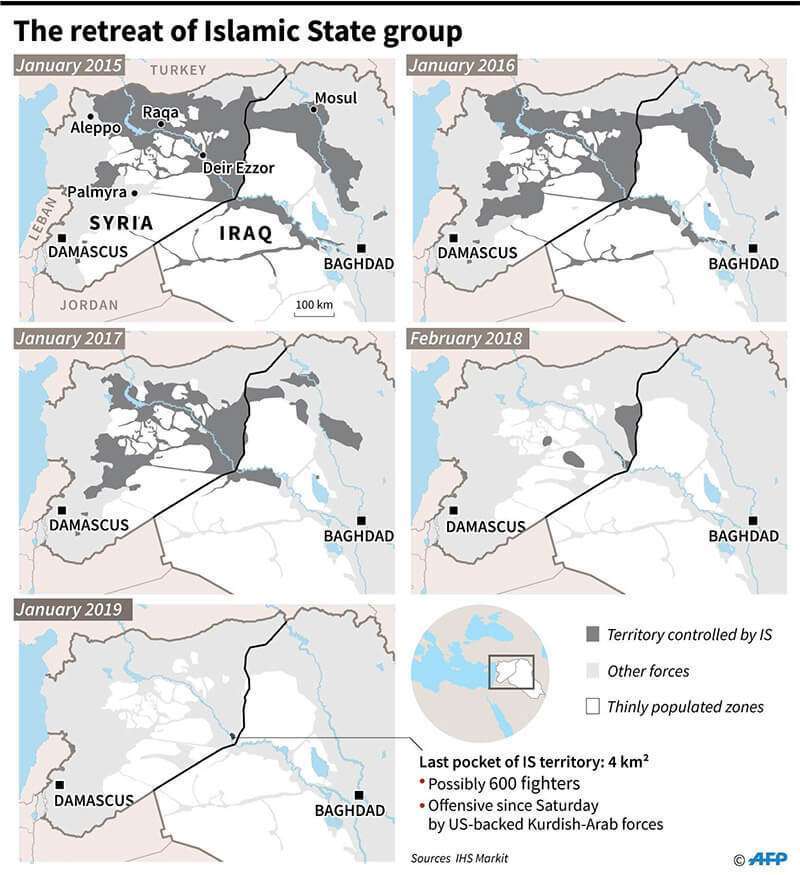
The Syrian Democratic Forces claim that this operation is part of Ankara's pre-determined plan to take control of the Kurdish-controlled city of Al Haska in northern Syria and then expand to the rest of the Kurdish-controlled regions.
The fact that the prisons and detention centres house more than 100,000 fighters raises the spectre of these centres being "ticking time bombs" that could stabilise both Syria and the rest of the world. According to the UN Under-Secretary-General for Counterterrorism, Daesh is "trying to regroup its ranks and resume its activities, gaining momentum in the first half of 2020".
According to the Syrian Observatory for Human Rights the failure to hold Daesh accountable for human rights violations is "a continuing crime against the victims and their families" and that this latest attack on the prison "represents a dangerous indication of the possible return of the terrorist group".
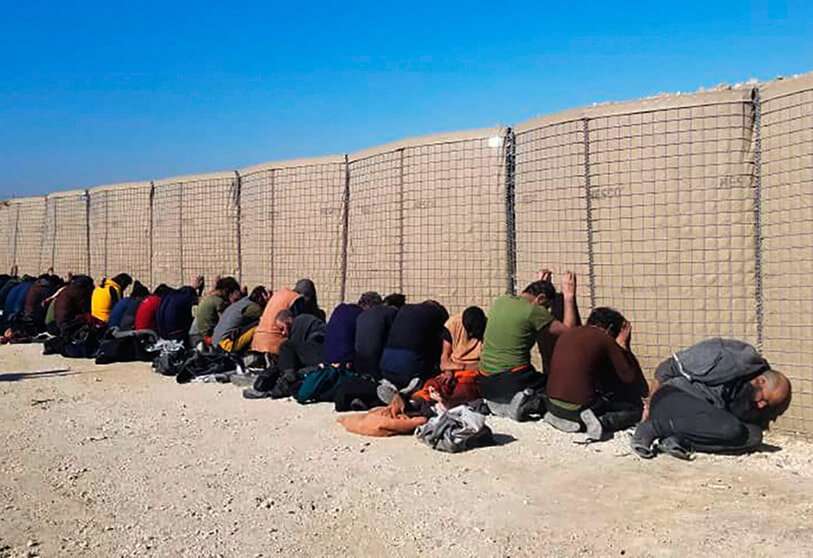
On the other hand, according to Spanish Interior Ministry sources, a total of 285 jihadists displaced from Spain were in conflict zones in 2021, especially in Syria and Iraq.
This figure shows that since the fall of the self-proclaimed caliphate in 2019, more than a dozen jihadists have left. According to Covite's International Observatory for Terrorism Studies, 254 radicals with Spanish nationality were in conflict zones, which represents a 124% increase in the number of displaced people who had left Spain to join the ranks of Daesh.










